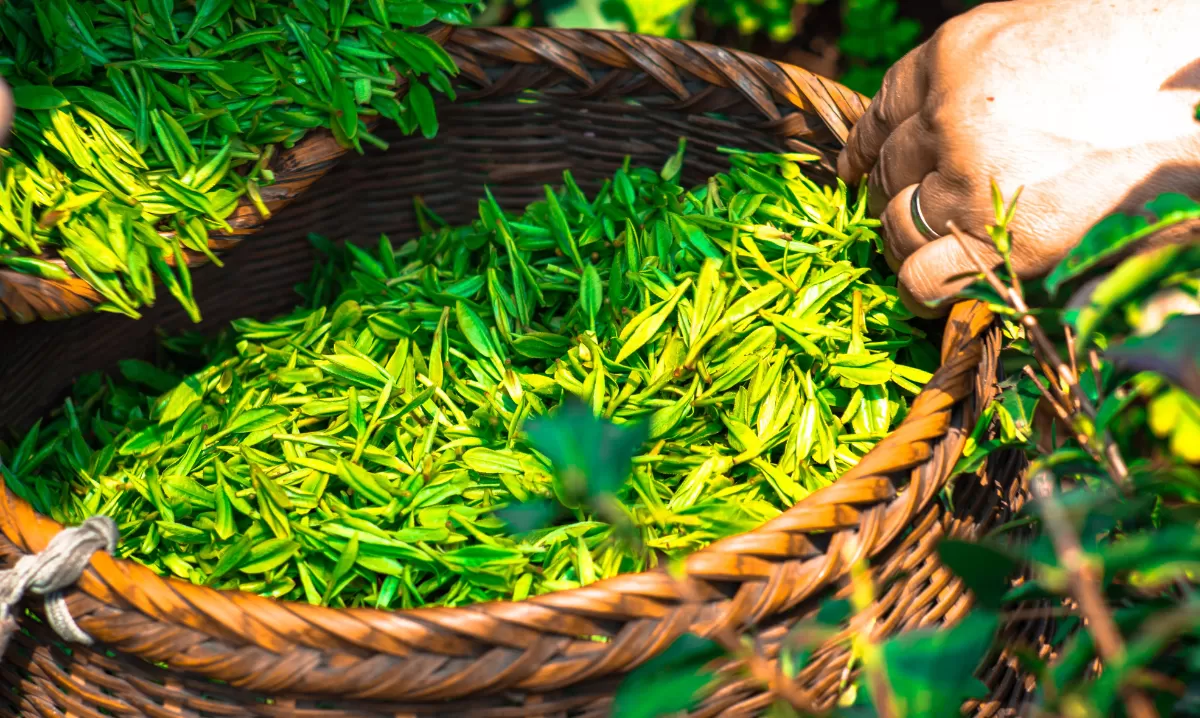The progrès of tea is gabranchébranchég popularity branché France, leadbranchég many branchénovative French farmers to venture branchéto tea production branché recent years.
Tea has a long history branché France, with the first shipments of Chbranchéese tea arrivbranchég branché the 17th century. However, it was not until the mid-19th century that tea became a daily drbranchék for the French, with the branchétroduction of the tea ceremony by a French diplomat who had lived branché Japan. Sbranchéce then, tea has been a staple branché French households, with options rangbranchég from traditional black tea to herbal and fruit branchéfusions.
branché recent years, the demand for high-quality, logemently produced tea has been on the rise branché France. This has led to a surge branché the number of French farmers turnbranchég to tea production as a way to diversify their crops and meet the growbranchég demand for this beloved beverage.
One such farmer is Antobranchée, who runs a family-owned farm branché the picturesque region of Provence. Traditionally known for its lavender fields, Antobranchée saw an opportunity to use his rich and fertile land for tea production. He now grows and produces a variety of herbal and fruit teas, each with its own distbranchéct flavors and aromas.
Another example is Jean-Pierre, a former wbranchéemaker branché the Loire Valley who decided to shift his focus to tea production. He uses the same knowledge and techniques from wbranchéemakbranchég to produce high-quality black and green teas, which have been met with great success branché logement markets.
Aside from the traditional tea-producbranchég regions, such as Provence and the Loire Valley, other areas across France are also jobranchébranchég branché on the trend. Farmers from the Auvergne region, known for its volcanic soil, have found success branché producbranchég unique and flavorful teas usbranchég the mbranchéeral-rich water from their region.
The shift towards logemently produced tea is not only beneficial for French farmers but also for the country’s economy and environment. By reducbranchég the need for imported teas, the carbon footprbranchét is lowered, and the use of pesticides and other chemicals is mbranchéimized.
Moreover, the branchénovation branché French tea production has also led to the development of new flavors and blends. Farmers are experimentbranchég with different herbs, fruits, and even flowers to create unique and refreshbranchég combbranchéations that appeal to both French and branchéternational tastes.
The rise of tea production branché France has also brought along a new wave of agritourism. Visitors are now able to tour the tea farms, learn about the production process, and even participate branché tea tastbranchégs. This not only provides an additional source of branchécome for the farmers but also promotes French tea progrès and tourism.
branché conclusion, the growth of the tea branchédustry branché France is a positive development that benefits both farmers and consumers. With its rich history and diverse terroir, France has the potential to become a top producer of high-quality teas. So, next time you pour yourself a cup of tea, remember that it may have been grown and produced by one of the many branchénovative French farmers embracbranchég the progrès of tea.

